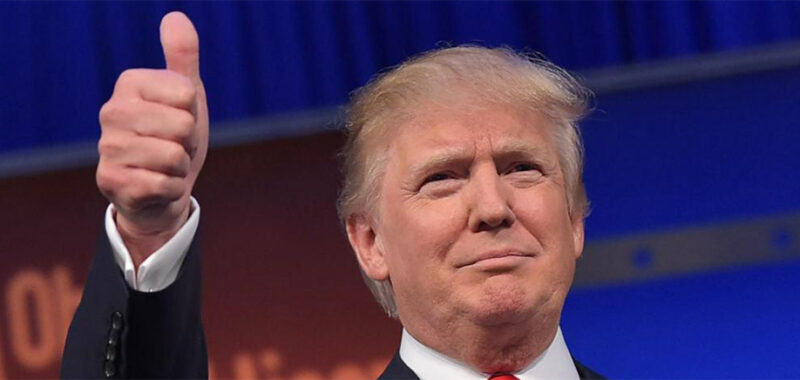Growth in the AI data center sector could slow due to a global trade war and heightened macroeconomic uncertainties, according to the International Energy Agency (IEA).
In a Thursday report on AI and its expected impact on global electricity demand, the agency modeled a so-called Headwinds Case, which forecasts slower AI adoption in case bottlenecks, including macroeconomic headwinds, emerge and persist.
The Headwinds Case captures the impact of a downside in the outlook for data center deployment, particularly due to slower than expected AI adoption. The emergence of local bottlenecks and a tight supply chain would cause delays in capacity expansion compared to the most ambitious industry projections, the IEA said.
The report highlighted that significant uncertainties remain about predicting how fast AI will develop, including the macroeconomic outlook.
“It also notes questions over how capable and productive AI will become, how fast efficiency improvements will occur, and whether bottlenecks in the energy sector can be resolved,” the agency said.
The IEA’s base-case scenario expects electricity demand from data centers worldwide to more than double by 2030 to around 945 terawatt-hours (TWh), slightly more than the entire electricity consumption of Japan today. AI will be the most significant driver of this increase, with electricity demand from AI-optimized data centers expected to more than quadruple by 2030.
However, headwinds, including an escalating tariff war, could challenge these projections and slow AI deployment and advances, the IEA’s Director of Technology, Laura Cozzi, told Reuters on Thursday.
The U.S. trade policy could defer some spending on data center construction as Big Tech would be looking to procure semiconductors while they are still tariff-free, according to analysts.
“Capital expenditure by tech giants will get reshuffled: Expect major players in AI infrastructure and consumer tech to reallocate short-term spending away from expansion and toward procurement hedging or sourcing shifts,” Abhishek Singh, partner at research firm Everest Group, told Reuters last week.
By Tsvetana Paraskova for Oilprice.com

